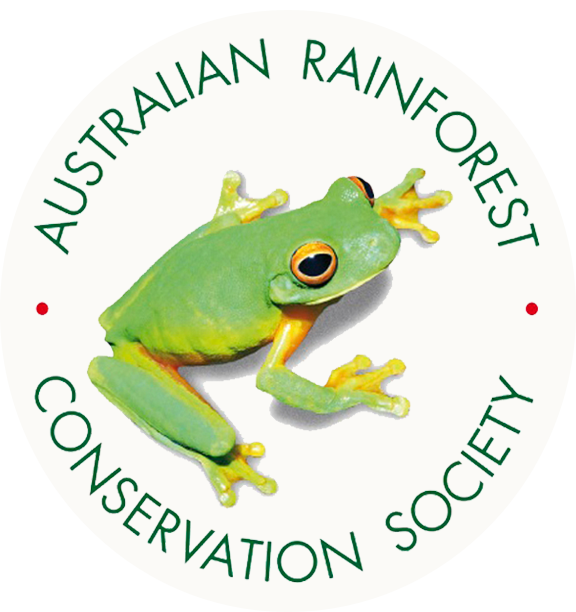 |
Save the Greater Glider from logging |
| Home | Habitat maps | SEQ Forests Agreement | Western Hardwoods Area | Intensive logging | Queensland Government position | How you can help |

© Esther Beaton |
Climate change is impacting the Greater GliderThe conservation advice for the Greater Glider prepared by the Threatened Species Scientific Committee describes climate change as a major threat along with logging. Research has shown that a unique physiology and a strict eucalypt diet make the greater glider vulnerable to high temperatures and low water availability. Prolonged exposure to temperatures over 40°C is likely to lead to high mortality. It has been suggested that the preference of greater gliders for higher elevations is because they are sensitive to heat and must expend energy and considerable water to cool themselves when the ambient temperature is over 20°C. A warmer climate also reduces the nutritional and water content of eucalypt leaves and could be expected to reduce reproduction rates and population size. Apart from the direct impacts of climate change, there is the added threat from the expected increase in frequency and severity of bushfires. |
|
Logging native forests contributes to climate change Logging native forests contributes to climate change which in turn impacts the Greater Glider. When Premier Anna Palaszczuk announced the changes to the SEQ Forest Agreement outcomes in 2019, Minister Mark Furner said “Sustainably managed timber is increasingly being recognised globally as the ultimate renewable and a key plank of the world’s response to climate change, carbon capture and carbon sequestration”. That is wrong. Industry advocates commonly refer to a statement by the Intergovernmental Panel on Climate Change (IPCC) in 2007. Since then it has been shown that if the appropriate accounting system is used, the best way to manage forests for climate change is to leave the trees in the ground, maintaining carbon stocks, continuing sequestration and avoiding the emissions that result from harvesting and processing trees. |
Maintaining and restoring forest and landscape ecological integrity is a fundamental prerequisite for stable, resilient and optimally functioning above- and below-ground natural carbon sinks. Wilderness Austraila has prepared a briefing note for forests and carbon in NSW. It can be viewed here. References Mackey, B., Moomaw, W., Lindenmayer, D. and Keith, H. 2022. Net carbon accounting and reporting are a barrier to understanding the mitigation value of forest protection in developed countries. Environ. Res. Lett. 17 054028. Link to paper. |
|
Australian Rainforest Conservation Society Inc PO Box 2111, Milton QLD 4064, Australia telephone: 0408 451 061 email: aila@rainforestaustralia.org.au |